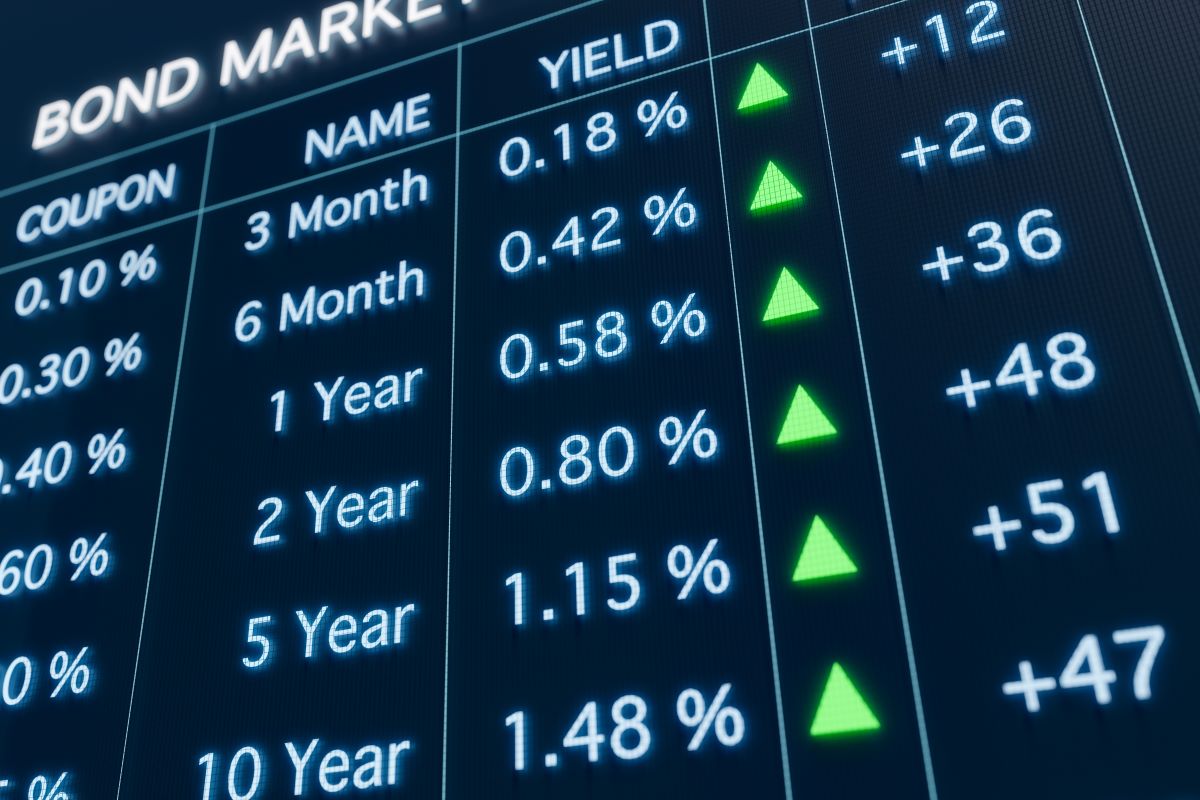Regarding investments in emerging markets (EMs), there are commonly accepted assumptions and biases that persist without scrutiny. Expanding on this point, UBS Asset Management highlights that EM corporate debt frequently faces misunderstanding, marked by outdated perceptions that do not accurately capture its actual characteristics.
“It (EM corporate debt) is now largely an investment-grade market. Strong fundamentals, attractive valuation, and improving secondary market trading volumes have also led to a broadening of the investor base,” informed the asset manager.
According to UBS, over 70% of debt issued by emerging market companies is now rated investment-grade. Also, they correlate more closely with developed market investment-grade peers than with high-yield EM corporates.
Subsequently, the asset manager notes that the sector makeup has shifted. This has reduced concentration risk in industries like oil and gas and metals and mining. On the other hand, there is now increased exposure to consumer goods, industrials, infrastructure, and utilities, suggests UBS.
Besides, the asset manager contends that Asia has become a prominent player in this market, accounting for over half of the total debt stock by the end of 2022. Meanwhile, Latin America and the Middle East have seen little change, while Emerging Europe’s share has declined due to the growth of domestic capital markets.
UBS also points out that EM corporate bonds tend to trade at a discount to their developed market counterparts, offering attractive valuations. Also, the asset manager believes that improvements in liquidity have made it easier to trade EM corporate bonds, although trading volumes still lag behind developed market peers.
“The Sharpe ratio, which describes how much excess return you receive for the volatility of holding a riskier asset, for EM corporates is significantly above the EM sovereign hard-currency market. The asset class has delivered positive returns in 17 out of the past 21 years,” stated UBS.
Furthermore, the asset manager opines that despite EM corporate debt offering numerous benefits, it’s not without risks. “…there exists idiosyncratic risks like those in the China property sector, which is why it is prudent to invest with an active investment manager that has in-depth experience through the credit cycle,” concludes UBS.
Read the full insight here.
Read more

T. Rowe Price
Why US Treasuries may no longer be a safe haven
US Treasuries recent performance has fallen short of expectations.

Candriam
The euro bond market is back in focus
Rising yields and shifting fiscal dynamics are bringing the euro bond market back into focus.

Lombard Odier
EM equities – potential opportunities amid challenges
EM equities face renewed pressure amid US trade policy shifts, slowing growth, and investor outflows.

US Markets
100 days of Donald Trump
The first 100 days of Donald Trump’s second term have shaken markets. Asset managers weigh in on US equities, bonds, and the dollar.





















